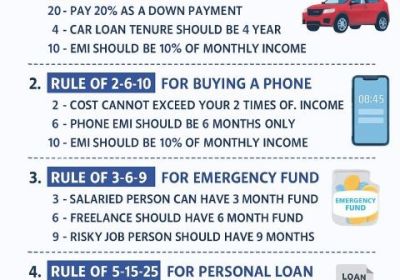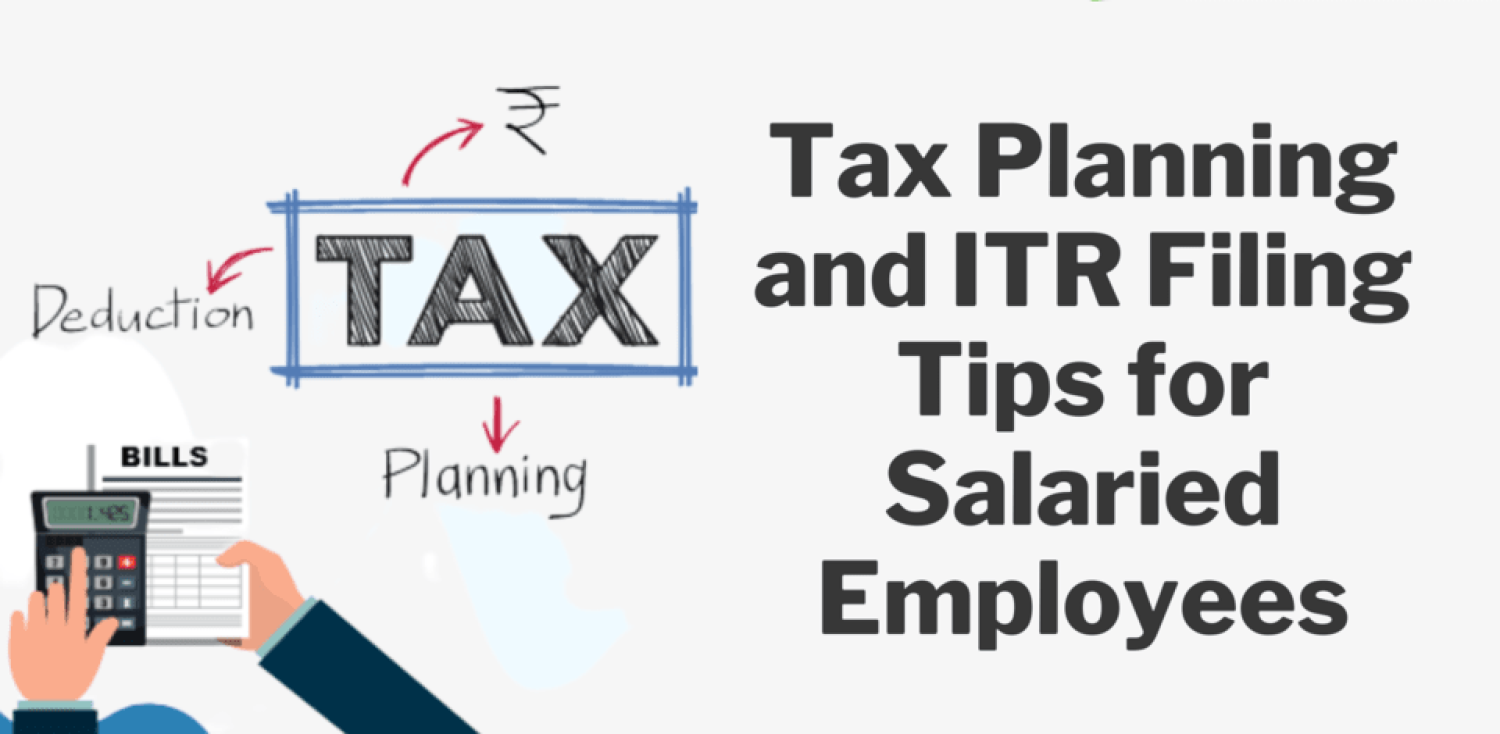Table of Contents

FAQS ON START-UP FUNDING
Q.: What is Business financial Services ?
Ans.: Business financial Services
- Business Financial Services is a term that refers to the services offered by the finance industry. Business Financial Services is another term for companies that deal with money management.
- Banks, investment banks, insurance companies, credit card companies, and stock brokerages are some examples of Business Financial Services.
- Business Financial Services can also be defined as any financial service or product that is the subject of a discussion or is governed by a measure maintained by a Party or a public body with regulatory or supervisory authority delegated by law.
- Business Financial Services are usually not limited to deposit-taking, loan, and investment services, but also include insurance, estate, trust, and agency services, securities, and all forms of financial or market intermediation, which includes financial product distribution.
Q.: What is Seed Capital?
Ans :
- The funding done at the nascent stage is termed seed funding and therefore the capital is understood as seed capital.
- Seed capital is that the initial capital used at the time of starting the business.
- Seed capital generally involves funding from the founders themselves, and their families and friends.
- Seed funding provides for exploration of the business idea and thereby helps in developing their unique product or service that further attracts venture capitalists to invest in their business.
- Seed funding may be a risky investment option, as most funding agencies would really like to adopt a wait and watch approach to work out whether the thought contains a business potential.
Q.: What are the different types of Financing options for Start-Up Fund Raising?
Ans: There are two styles of Funding options available
- equity financing;
- debt-financing.
Equity Financing: Startups are usually equity-financed/funded by way of a
- venture capital/ private equity investors
- Angel investors
Q.: What is a venture capital/ private equity investment in Start-Up Fund Raising?
Ans :
- This might basically be the primary round of funding for any company
- Investors prefer the convertible instruments route
- Convertible Instruments means instruments that may be converted into equity capital at a specified date
- Convertible instruments include Compulsory Convertible preferred shares (CCPS) and Compulsory Convertible Debentures (CCD)
The investor and startup will normally enter into a non-binding offer supported by the preliminary valuation of the startup usually followed by a financial, legal and technical due diligence on the startup PRN by the investors
Q.: Who are Angel Investors and what are restrictions placed on Angel Investors?
Ans: Angel investors are usually individuals or a gaggle of industry professionals who are willing to fund the venture reciprocally for an equity stake. Under the SEBI (Alternative Investment Funds) Regulations, 2012 which was subsequently amended in 2013, SEBI has made the subsequent restrictions apply to angel funds investing in an Indian company:
- An investee company must be within 3 years of its incorporation, ex-directory on the ground of a stock market, and will have a turnover of but INR 250 million and the said entity shall be in no way promoted by or associated with any of the industrial group, having group turnover exceeding INR 3 billion.
- The deal size shall be somewhere between INR 5 million and INR 50 million. Separately, it's required that an investment shall be held for a period of a minimum of 3 years.
Q.: What's meant by the Term Sheet in the fundraising exercise?
Ans: Term Sheet also spoken as Letter of Intent /Memorandum of understanding which is entered into between the investors and therefore the company represented by its promoters. Term Sheet starting off the essential commercial understanding between the VC and also the startup;
Funding Procedure (Start-Up Funding Compliance)
- Term Sheet / Letter of Intent /Memorandum of understanding providing proof of agreement entered into between parties.
- The contracting parties are required to enter into a Share Subscription Agreement/ Debenture Subscription Agreement. It covers the following:
- The issuance of shares within the share capital or debentures at subscription amount determined supported the valuation of the startup;
- Condition precedents to completion of transaction or conditions behind be completed within the agreed time-frame after the completion date;
C. The contracting parties are required to enter into a Shareholders’ Agreement and the same shall provide for the following:
- Nomination/representation rights vested with the Board of Investee;
- Information along with reporting on the right and disclosure obligation in respect of the investee towards the investors;
- Redemption rights vested with the debenture or preference shares holders;
- Pre-emption rights, Right of First Refusal or Right of First Offer, accompany Right, Drag Along with Rights, Lock-in-period for the investor or promoter’s holding, put and call options, affirmative vote rights on certain reserved matters, anti-dilution provisions;
- Exit options available with the investors after a certain specified lock-in period; etc.
- Securities issued through Private Placement;
- Filing of necessary forms with ROC for completing the method of issuance and allotment of securities.
- Amendment to be made in respect of AOA, being provided under the Shareholders’ Agreement;
Q.: What does Bridge Round funding mean?
Ans: Bridge Round financing normally comes from an investment bank or risk capital firm within the style of a loan or equity investment. this kind of financing only occurs when a company’s runway is shorter than its future financing options, and it must remain solvent so as to get such long-term financing.
Q.: What does Series Funding mean?
Ans :
- Series Funding is the stage of financing, which come after the Seed Funding Round or Angel Funding Round and Bridge Funding Round. Series Funding Round starts in the form of Series A to Z. Series preferred stock is that the first round of stock offered during the seed or early-stage round by a portfolio company to the capital investor.
- Series preferred stock (that’s the CCPS or CCDS) is often convertible into stock in certain cases like an Initial public offering (IPO) or the sale of the corporate.
- Series rounds are traditionally a critical stage within the funding of recent companies. A typical series A round is within the range of $2 million to $10 million, purchasing 10% to 30% of the corporate. The capital raised during a series round is typically intended to capitalize the corporate for six months to 2 years because it develops its products, performs initial marketing and branding, hires its initial employees and otherwise undertakes early performing operation
- It very critical for entrepreneurs who are promoters to grasp the premise of fundraising together with an understanding of
- What may be a share certificate?
- How does Loan be granted to Directors, as per the Companies Act, 2013?
- Why it’s important to file Annual returns
Q.: What is startup funding?
Ans: Virtually all businesses start out as small low businesses. Some of them remain very restricted businesses, serving their markets and meeting their owners’ dreams. However, there are some which enjoy steady growth as owners reinvest their earnings and still expand their services at a gradual pace. Another branch of small businesses is those with the potential for explosive growth with the needed capital and leadership. This latter category is generally considered “startup” companies that will reach their potential with startup assets.
- Investors share within the risk-reward equation of your startup by assuming an equity stake, with the proportion of their stake depending upon the dimensions of the investment and therefore the anticipated value of your company.
- Investors wake the table over money. Your ideal investor will bring expertise in your field, enhancing your team; contacts with other investors, potential customers and even needed employees to make out your growth engine. and more.
- Startup fundraising occurs in numerous stages, depending upon where your company is in its development.
- Bootstrap: During the initial stage of any company, you begin your business with no money or with whatever funds you'll be able to scrape together, be it your own, your relatives, friends or co-workers.
- Seed rounds: Seed funding is that the first round of funds from external sources. Seed investors are like initial supporters that are willing to take a position when a founder has an inspiration and/or a prototype but maybe has not established a market. Seed funding is employed to develop a product, enhance the team to induce more traction.
- Companies can undergo any number of seed rounds.
- Series A: Once you reach the stage where your company encompasses a product or service and a longtime market moreover as gained sufficient proof points in terms of revenues and what investors ask as “traction,” you’ll begin to appear into Series A funding, where you're coping with risk capital companies or more institutional investors. Preparing for the Series A round is quite cumbersome and lengthy since the company would be required to undergo a more detailed review. Series A rounds tend to run within the $2 million to $10 million range but can certainly go higher.
- Series B and beyond: The alphabetical extension of your fundraising efforts is potentially endless as long as your company appears to possess growth opportunities. Each may be a step toward progressively larger fundraising rounds with investors at each round taking higher precedence than the investors within the previous round. risk capital investors also typically set a timeline for after they expect to exit, or live, of your business.
- IPO: If your company gets large enough to outgrow the funding capabilities of those institutional investors, you’ll probably be able to go public with an initial public offering (IPO).
Q.: What is the process of raising risk capital?
Ans: Be ready for your life and role in your company to alter dramatically as you prepare to boost capital. As a founder, you likely will dedicate yourself full time to the method of preparing for the funding search, locating and meeting with potential working capital investors and completing the due diligence process.
The better you prepare yourself and your company beforehand for launching your search, the more successful and quicker your outcome is probably going to be. This is a short overview of the method involved in raising working capital with more details to follow in coming sections:
- Preparation: preparing for Series A funding are going to be more extensive than what you may are through in seed fundraising. At now you ought to put together a virtual data room (VDR) as a central repository for all of your necessary records so that they are available to potential investors after you begin to create your pitch. you furthermore might have your pitch ready and practice with anyone willing to concentrate. More details will follow within the next section.
- Research potential investors: working capital firms often focus on certain industries, business models or geographic regions, so you would like to seek out an organization that may help your business moreover as provide funding.
- Meeting with individual VC partner: Normally, you may make your first pitch to a personal partner within the VC company, hopefully, one like an expert in your field. It could take weeks to line up this first meeting, but it'll be key to any opportunity to maneuver forward, so you would like to be prepared. You’re likely to possess some back and forth after the initial meeting and exchange of documents through your virtual data room.
- Meeting with a team of VC partners: the following step is to fulfil with a group of three or four partners to finish a more thorough assessment of your company and answer any questions on your operation.
- Meeting with full VC company board: These meetings generally happen on a Monday and you normally are expected to form your pitch before the whole board votes on whether to maneuver ahead. After your initial meetings with the individual and team of partners, you ought to be ready to hone your pitch with a higher understanding of the VC company’s vision and goals.
- Term sheet offered: If the board votes to maneuver ahead with an investment in your company, they'll offer a term sheet that lays out their expectations for the investment.
- Due diligence: At now the company’s lawyers and financial and operations experts take over to conduct investor due diligence, whereby they examine your company’s records to validate the founder's claims in terms of traction, property, and legal matters.
- Investment is made: The funds are transferred to your company and you retreat to figure on your original mission of growing your company.
CLOSING THE VENTURE CAPITAL DEAL
- Congratulations! You’ve made it through the ordeal of finding an investment partner for your startup, now it’s time to urge back to figure on growing your company. the benefit of the various insights and skills that a new partner brings to the table to maneuver your company into its next phase. Don’t forget to send a pleasant thanks card to your managing partner with the VC firm, but don’t waste money on a rich gift; you wish to point out you're being an honest steward of their money.
- This is also a decent time to review and update your VDR so you may be sooner than the sport when it involves preparing for your next funding round. We hope this ultimate guide to startup funding has been helpful as you steel yourself against your company’s next stage of growth. Follow the links throughout the article for our blog posts to realize more details















